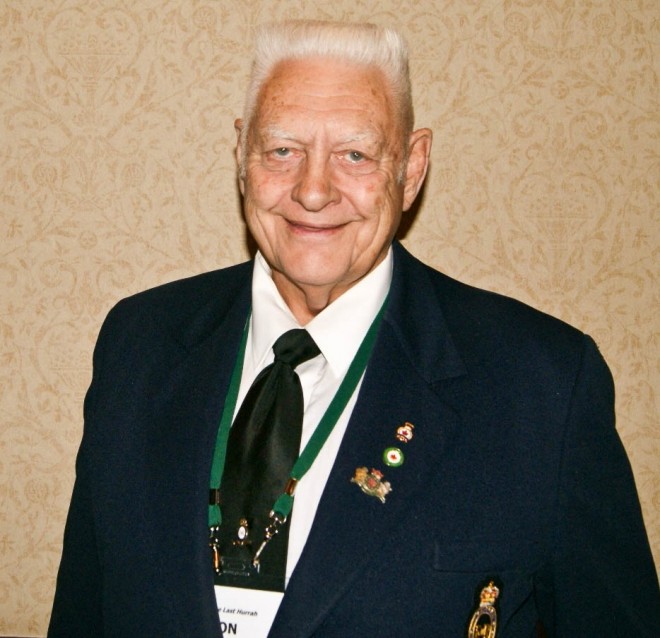Remembering Korea: Donald Dalke
The soldier explains the tense relationship with Korean civilians
Share
DONALD DALKEHOMETOWN: Lethbridge, Alta. |
 |
To mark the 60th anniversary of the Korean War armistice on July 27, Maclean’s teams up with the Historica-Dominion Institute to tell the tales of seven veterans of that brutal war.
Dalke describes relations with Korean civilians:
On our gun position, for example, we had children that were on the gun position and they were running, doing chores and one thing or another for us. And so there was a close relationship with them. But with the civilian population, we did not have a lot of involvement. As a matter of fact, we were, argues sometimes that we were a little too rigid. Like the Americans, they tended to scoot down a road, whereas we would move forward on anybody that we ran into was immediately taken into custody and put into a compound and it was up to the South Koreans to decide whether they were good, bad or indifferent. And the Americans with that concept of moving forward the way they did, in actual fact, left close to 40,000 behind them that acted as guerillas for many years after the war was over.
When you’re looking at people that you don’t know whether they’re an enemy or not, you have to take some action to make sure that they’re not going to kill somebody behind you. Or, kill you from behind. I can remember one occasion where there was a group of them coming down the road and the Americans were at the checkpoint and I said to them, I said, “You’re going to have to stop that group.” And they said, “No, no, they’re just civilians.” I said, “You stop them,” I said, “or I’m going to shoot that one in the middle.” And they said, “This is ridiculous” and I said, “Take your choice.” And so finally they stopped and I made them open up the garment on the person in the middle and here it was, just loaded with weapons tied around them. And they would have just allowed them to scoot right on through and I just couldn’t accept that.
Now, I think there’s a difference between mistreating people and securing them. I guess some people when they say, well, I was wrong in taking people who weren’t enemy and putting them into confinement, but we didn’t abuse them, we didn’t beat them or anything of that nature, we just made them, ensured that they went into a wire compound and then it was up to a South Korean who knew the people, could talk their language and everything else, and was able to go through them and decide who was a civilian and who was a soldier.
The full version of this post first appeared as part of the Historica-Dominion Institute’s Memory Project.